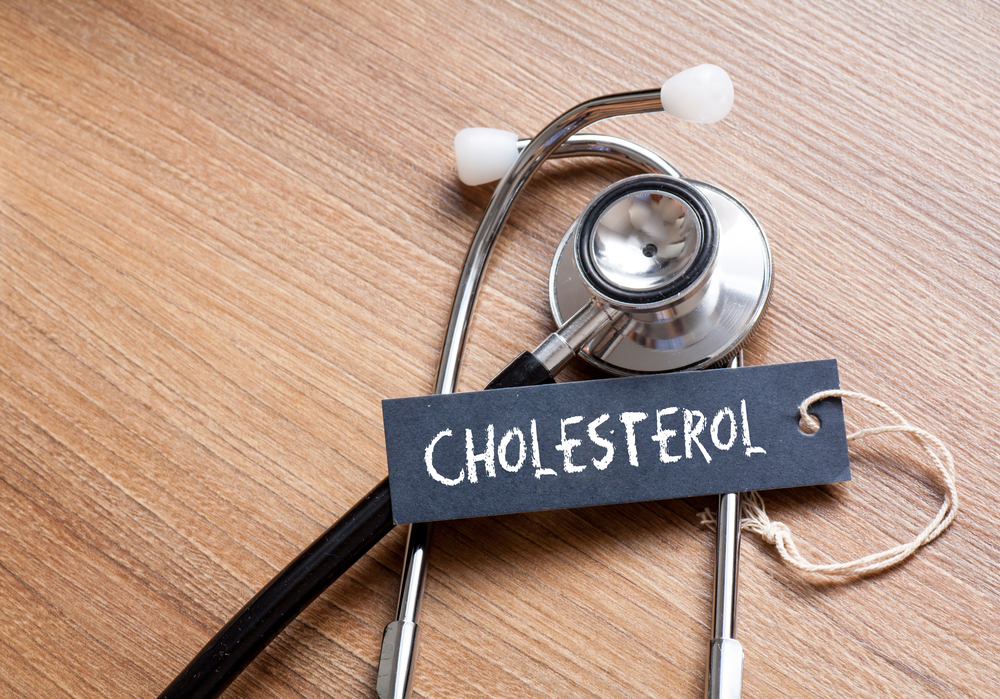High Cholesterol Levels May Protect Against Parkinson’s Disease, Study Suggests

High levels of blood cholesterol may decrease the risk of men developing Parkinson’s disease, according to a large-scale clinical study.
The study, “Higher serum cholesterol and decreased Parkinson’s disease risk: A statin‐free cohort study,” was published in the journal Movement Disorders.
High blood cholesterol, in particular, low-density lipoprotein cholesterol (LDL-C), is a well-established risk factor for coronary disease and stroke. Human and animal studies suggest it may also play a role in the risk of Parkinson’s, although, so far, the data remains controversial.
To explore the association between high cholesterol levels over time and Parkinson’s risk, researchers reviewed the clinical records of 261,638 individuals collected from the medical databases of Maccabi Health Services, the second largest health maintenance organization in Israel.
The study covered all patients, ages 40 to 79, who had undergone at least two cholesterol evaluations between 1999 and 2012 (the study period) and who did not receive statins, which are cholesterol-lowering agents.
Interested in Parkinson’s Disease research? Sign up for our forums and join the conversation!
During the study period, 746 patients were diagnosed with Parkinson’s disease, 70% of which were definite cases. Disease incidence rates increased with age for both men and women, ranging from 0.06% in men and 0.04% in women at ages 40-44 to 4.8% in men and 3% in women at ages 75-79.
At the beginning of the study, total cholesterol and LDL-C levels were similar among men and women and were slightly higher than optimal standard values. In fact, one-third of the participants had LDL-C levels above 140 mg/dL, the level at which statin therapy is usually recommended, according to clinical guidelines.
Analysis of one-year lagged clinical data revealed that total cholesterol levels greater than 180 mg/dL and LDL-C higher than 110 mg/dL were associated with a reduced risk of Parkinson’s disease in statin-free middle-age men and elderly women.
In men ages 50 to 69, higher total cholesterol levels were associated with an 18-29% reduced risk of Parkinson’s, whereas high LDL-C levels were linked to a 20-28% reduced risk.
In women ages 70 to 74, a similar protective association was reported, but with lower impact. Higher total cholesterol levels were linked to a reduced risk of up to 7%, and high LDL-C levels correlated with a 2-12% reduced risk of Parkinson’s.
“Although our findings could not determine whether decreased cholesterol alone causes PD or whether cholesterol and Parkinson’s disease share a common cause, they strongly imply relevance for clinical practices and health policies,” the researchers wrote.
Additional long-term studies are necessary to “further elucidate the favorable range of cholesterol levels and its changes throughout life that could affect Parkinson’s disease,” they concluded.






